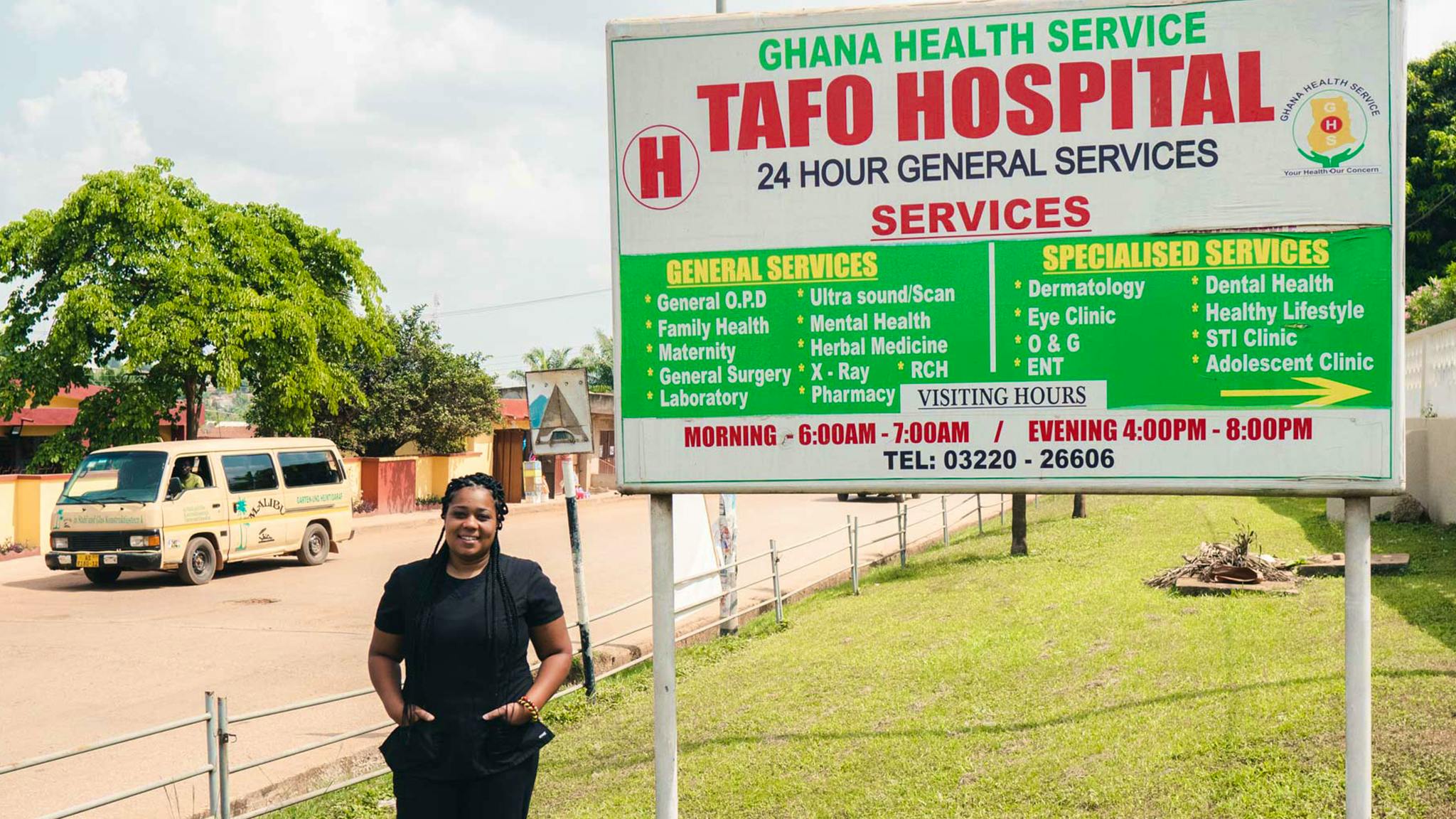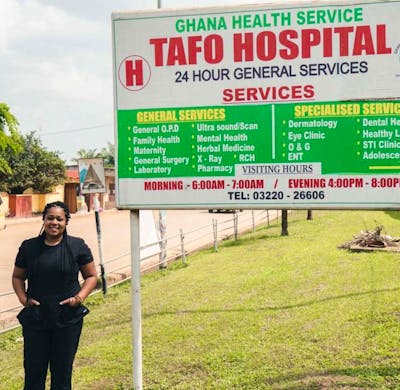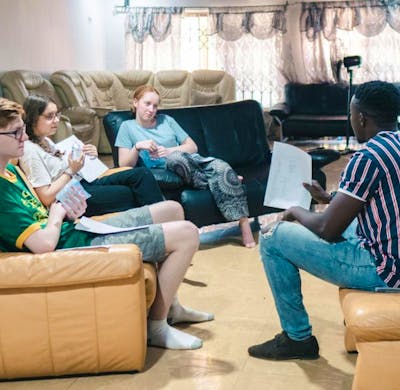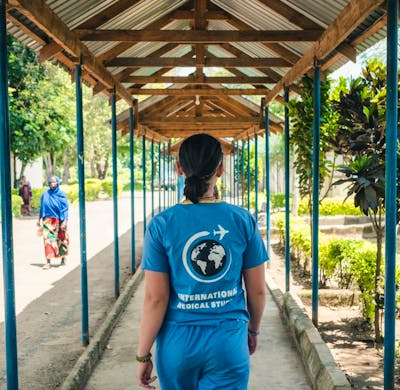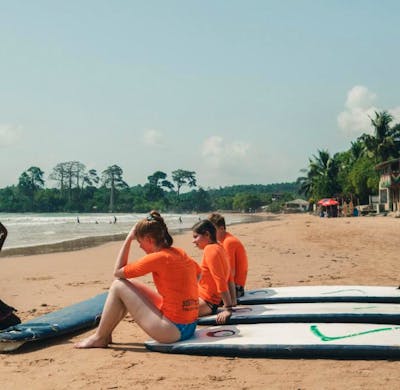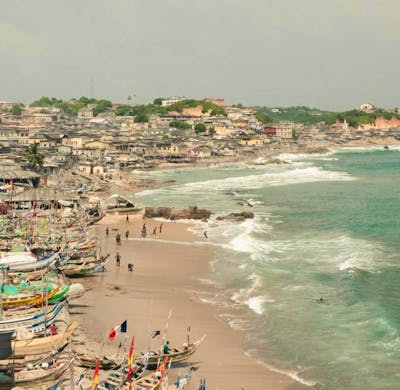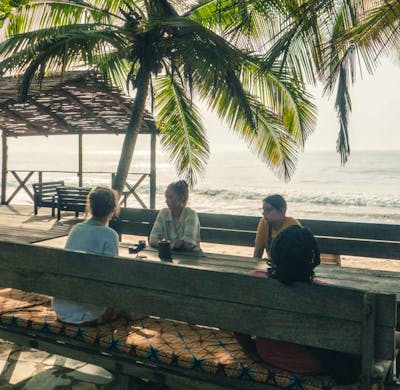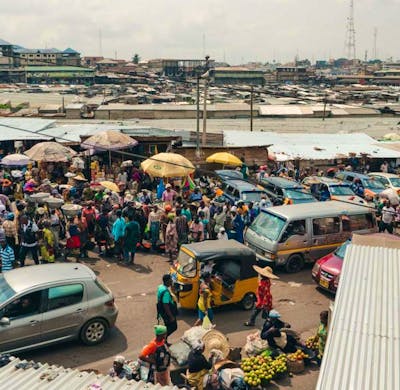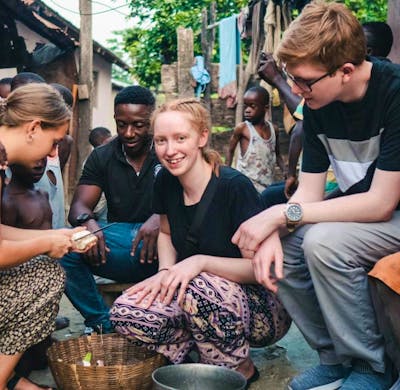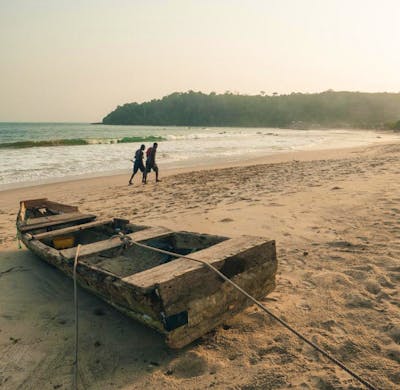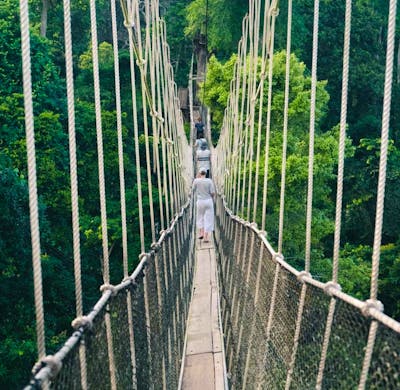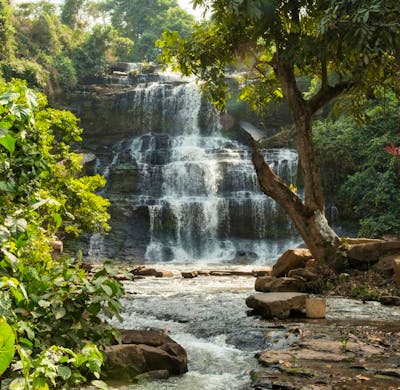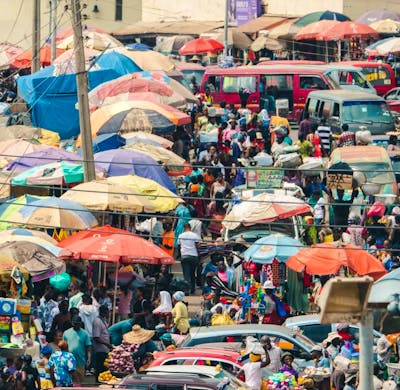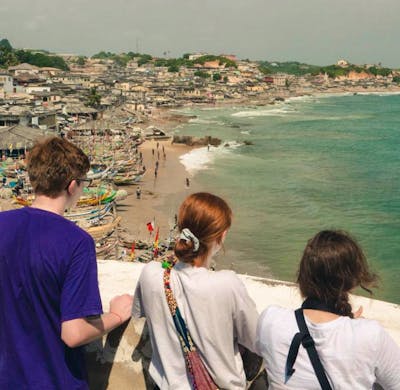The mental health volunteer in Ghana placement is designed to provide insight into how psychiatric services operate within Ghana. PMGY’s Ghana volunteer programs provide an amazing cultural experience. The mental health and psychology program provides international volunteers with a unique learning experience. Most noteworthy, participants will establish a deeper understanding of the history and developments of mental healthcare in Ghana.
BACKGROUND TO THE MENTAL HEALTH PROGRAM
Ghana’s mental health sector is funded primarily by the government. Its psychiatric services stem back to the early 19th century. Traditionally, patients who suffered from mental health illnesses would be detained in prisons. These prisons later developed into a ‘lunatic asylum’.
1904 saw the first purposeful psychiatric hospital built in Ghana accommodating 200 patients to start with. Extensive amendments focussed on mental health were made to hospital buildings to burden overcrowding. Rapid expansions in staff training and recruitment for mental health followed.
From the 1950s innovative treatments for psychiatric illnesses such as ‘chlorpromazine’ and ‘electroconvulsive’ therapy began to emerge more prevalently. Patients were removed from chains and isolation between patients became discouraged. Staff were now refrained from punishing patients as previously had been a norm.
Essentially, knowledge and understanding began to increase in and around mental health and the issues associated with it. Despite such advances, many citizens in Ghana still believed and practised the traditional forms of psychiatric treatment.
Many patients or their relatives would still opt for a traditional or herbal form of treatment. This is due to a widely held belief that mental health illnesses remain caused by supernatural evil forces. Such forces are best exiled by traditional medical methods. Examples include visiting shrines, herbalist centres or prayer camps. Methods that would be relatively more accessible and inexpensive.
Nevertheless, government policy in the long term remains to establish and expand psychiatric facilities in all regional and district hospitals. The 1970s saw the creation of registered mental nurses (RMNs) and community psychiatric nurses (CPNs). This program expanded into Kumasi in the 1990s.
To summarise, recent government policy has attempted to normalise, ingrain and mainstream up-to-date psychiatric services into primary healthcare. However, the reality is a lot more needs to be done to achieve this even today. With a population of over 26 million, Ghana only has 13 practising psychiatrists in the public service. Inadequate staffing remains a recurrent problem with occupational therapists, social workers and CPNs all hard to come by.
Traditional healers who can bring with them inhumane treatment methods remain prevalent in Ghana today. It is estimated that around 2.5 million people in Ghana currently suffer from some form of mental health illness. Public education plays a leading role today in helping to overcome widely held traditional myths about mental illnesses. Consequently, patients and relatives are encouraged to seek early professional and alternative treatment.
Such alternative treatments focus on areas such as occupational therapies and community outreach programs. As a mental health volunteer in Ghana, you will usually get the chance to experience this. In addition to this, a mental health act passed in 2012 aims to combat the stigma and discrimination associated with mentally ill people in Ghana.
Should mental health volunteers in Ghana wish to consider alternative or additional projects, our mental health volunteering abroad project in Sri Lanka is recognised as our leading mental health volunteer opportunity. For the reason that volunteers receive greater exposure and involvement across a range of placement and project settings.
MENTAL HEALTH VOLUNTEER PLACEMENT EXAMPLES
Manhyia Government Hospital - All participants in the Mental Health Experience in Ghana will spend their first week within the Manhyia Hospital. The psychiatric department consists of only two rooms and five physiatric nurses. The responsibilities of these staff members lie in diagnosis, prescribing and consulting.
Those completing volunteer work in Ghana can observe consultations and ward rounds for patients being treated elsewhere within the hospital. Common conditions witnessed by the staff include depression, mania, psychosis, enuresis, migraine, epilepsy, bipolar, alcoholism, dementia and delirium.
Tafo Government Hospital - Our participants spend their remaining time based at the Tafo District at the Tafo Government Hospital. The Physiatric department of Tafo Government Hospital first emerged in 1970. However, almost 50 years later, the department still does not have a permanent location within the institution. This follows a lack of recognition of the importance of the services by leading bodies of the hospital. The team of 14 members is therefore frequently shifted between available rooms.
The team offers three main services. Such services include consultation, community outreach programs and the provision of education to patients with mental health disorders. With these services, the department has three main goals.
First of all, to make mental health services accessible within the community. Secondly, to educate the general public about the prevalence of mental health disorders and avoid stigmas. Finally, to have a permanent location for offering mental health services.
The department will often see between 60-70 patients per day. On the first day, participants will receive an orientation from the staff, introducing them to the services offered by the hospital. For the remainder of their time, volunteers will shadow a member of the team. This will include observing consultations, clinical reviews and perhaps even outreach programs.
Healthcare professionals in Ghana are very friendly and willing to support international volunteers. They are always on hand to answer your questions and describe consultations clinically. Furthermore, the local staff usually speak very good English to combat any language barrier.
Volunteers on this mental health volunteering abroad project will have the opportunity to spend time aiding the local staff. This may include assessing patient records, evaluating signs of progress, measuring any diagnoses and prescribing any relevant medicines. The doctor will talk through the different ways in which they take care of patients suffering from mental health issues.
OTHER THINGS TO CONSIDER AS A VOLUNTEER IN GHANA
Return Airport Transfer - Your return airport transfer is not included in your Program Fee. Our local team can help arrange onward transfers to the airport or an alternative destination from the volunteer accommodation. Making specific arrangements once in Ghana provides more flexibility as plans can often change and participants may be on similar flight plans. The costs depend on your method of transport and your final destination. Participants will usually get the coach back to Accra airport or arrange a short domestic flight from Kumasi to Accra airport instead.
Project Flexibility - As for all our volunteer in Ghana programs, it is possible to combine multiple projects. First of all, please apply for the main program start date you’d like to partake in. Secondly, outline in your online application the details of the other projects you’d like to do. Our local team will finalise the details of your placements during your in-country orientation.
Hands-On Involvement - Please note this program has been specially designed for those already studying or exploring further study in psychology/mental health. Therefore it may not be appropriate or applicable for those outside this. This volunteer program provides a platform to gain insight and awareness into mental health in a new culture.
As a mental health volunteer in Ghana, your level of involvement at the project is dictated by a range of factors. First of all your medical experience (if any), duration of your program and willingness to get involved. The medical staff are accountable for you whilst you’re under their supervision, so it is completely up to them if you are permitted and want to get involved in hands-on procedures.
Generally speaking those with little or no medical experience assume a largely observational role. If you are studying a mental health-related degree, then you may have more opportunity to undertake some more basic hands-on involvement. However, to reiterate we can never guarantee or endorse hands-on experience should you choose to get hands-on, as the decision ultimately lies with the medical staff and their patients.
Trained Professionals - Please note this program is not suitable for trained professionals who are looking to practise overseas. This opportunity is only suitable for students looking to go into the mental health or psychology field and wish to learn about a healthcare system overseas.
Weekends - Your project work in Ghana runs from Monday-Friday and weekends are free. You are welcome to relax and hang out at the volunteer accommodation but most participants will use this time to travel and explore the country. As a result, you can check out our Ghana Weekend Travel Guide for top tips on how to spend your weekend. We also run two separate weekend trips which you can sign-up to before you depart for Ghana. We offer the Cape Coast & Busua Surf Trip along with the Mole National Park Trip with opportunities running every month.
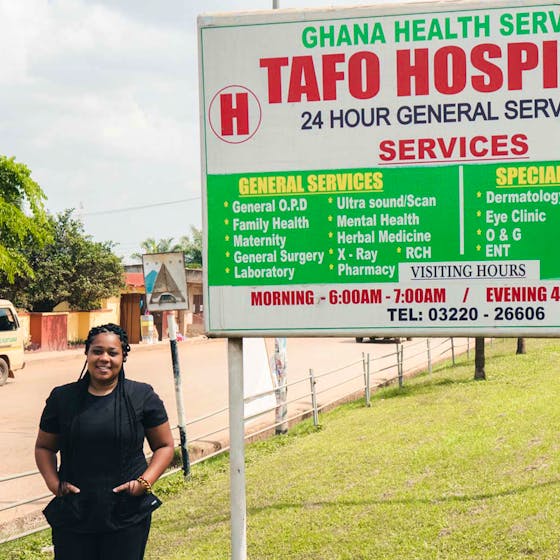
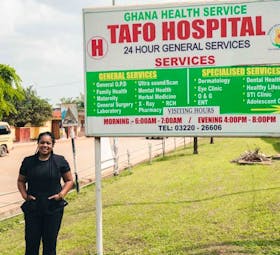
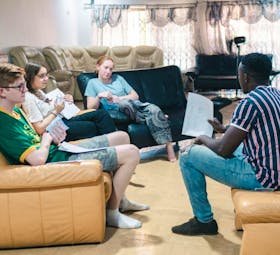
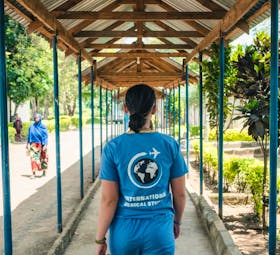


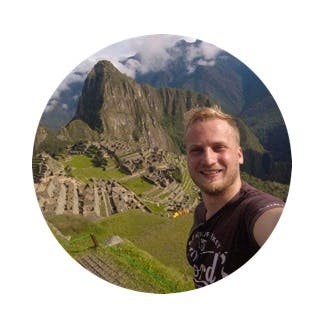
 4.9
4.9

